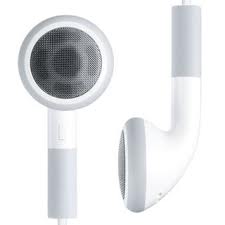By Mei Long
Today’s social media and technology allow you to reach just about anyone. With QuakerNet (the Penn Alumni Database) and networking sites such as LinkedIn and Facebook, thousands of alumni and professionals are just one click away. These networking sites are a great tool to identify and connect with people working in different fields and they provide an excellent opportunity to expand your network well beyond your direct social circle.
However the downside of the ease of these networking tools is that they can make networking a numbers game. But building a network is more than just growing the number of your connections. In fact, the number of connections you have is meaningless if there is no depth in them, and depth starts from a genuine interest. If you are not interested in other people’s careers and you haven’t done enough research about them, chances are you are not likely to craft a personalized and compelling message, and they are not likely to respond to your request. So read their profiles and learn more about their careers and the fields before you reach out to them.
If they accept your request, this is just the beginning of the relationship. You can then ask for informational interviews to learn more about what they do and seek out advice. Then show your appreciation by a hand-written note and a thank you email. But don’t let the relationship stop there. You want to continue to nurture it by keeping them posted on your progress once in a while – if people have invested time in your career, they want to see results. Besides, any long lasting relationship is a mutually beneficial one. So you don’t just talk about you and your career, you also show interest in their career advancement and personal well being.
Whenever it is possible, you should also give back. Ask what you can do for them. You may think because you are just a student, there is nothing you can offer. But trust me everyone can use a little bit of help here and there, as long as you are genuine in your offer. You can offer to write a recommendation for them on their LinkedIn profile. If they are Penn alumni, there may be opportunities for you to nominate them for an alumni award. If they are working on a very labor-intensive project, find out whether there is anything you can do to support. This list can go on and on, but the point I am trying to make is if you are mutually interested in each other’s careers and lives, chances are your relationship is going to blossom and your connections will look out for you just like they would do for their family and friends. Why? Because people tend to support those who care about them and whom they care about. This is simply human nature.



